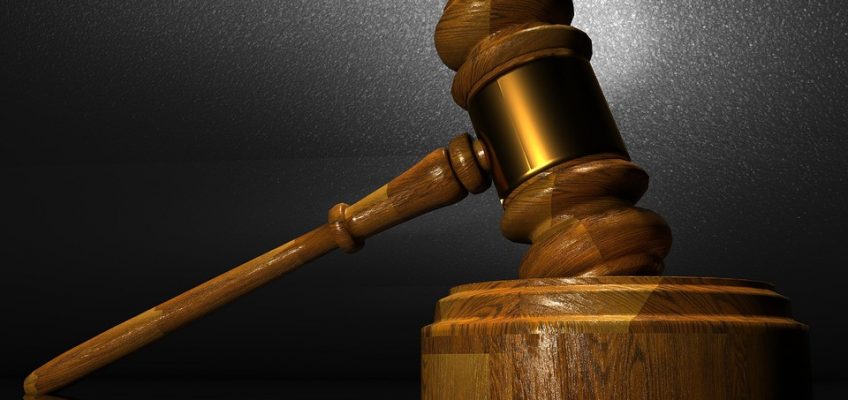A 35-year-old man is facing a second-degree intentional murder charge in the poisoning death of his St. Cloud roommate.
Stuart William Hanmer was charged in Stearns County Court on Friday. Authorities say that Hanmer poisoned Cody Ernst, 33, of St. Cloud, Hanmer’s roommate at Hope Recovery Living, a St. Cloud sober living house.
Ernst lived at the facility for six months and Hanmer, of Moorhead, moved in on May 3, according to the criminal complaint.
Ernst died on June 22 as a result of complications related to thallium ingestion, according to St. Cloud police. Thallium is a toxic heavy metal, and tasteless and odorless element. It was historically used as a rodenticide and insecticide, but was banned for U.S. household use in 1965, according to the National Institute of Health.
“A pharmacist with poison control indicated that the level of Thallium present in the patient was likely ingested, as there would be no other way to get this level of exposure from environmental means,” the complaint says.
According to the charges, investigators found the following internet searches made from April 4-6 on one of Hanmer’s devices:
“How long does it take if thallium poisons you”
“How much thallium nitrate is fatal”
“Is thallium the most toxic”
“Is thallium metal in elemental form toxic”
“How do you crystalize thallium sulfate”
“Buy element thallium”
Officers found three online transactions from April 5-6 in which Hanmer purchased 25 grams of thallium metal for $162.56, according to the complaint.
Hanmer signed for a package on May 14, two days before Ernst was hospitalized, according to the charges. An expert in metals and environmental toxins believed Ernst was poisoned on May 14 or 15, according to the charges.
On May 14-15, Hanmer’s devices included additional internet searches, such as “How much thallium is lethal” and “How long does it take for thallium symptoms to present in humans,” according to the complaint.
According to the complaint, Hanmer watched a video on how to create thallium sulfate on April 5 and May 15. The video shows powder crystallized thallium sulfate, and a speaker in the video said, “that’s like, enough crystallized thallium sulfate to kill 15 grown men,” according to the charges.
Ernst was taken to the emergency room at St. Cloud Hospital on May 16. Ernst reported that he had “smoked” on May 15 before having an “episode of vomiting and seizure-like activity,” according to the complaint.
On July 7, investigators met with Hanmer, who said he and Ernst “would often smoke marijuana and drink coffee together in the mornings,” according to the charges. Hanmer told investigators that he was at the residence when Ernst had a seizure and that he “wasn’t aware of what thallium poisoning was until after hearing (Ernst) passed away.”
Hanmer was arrested Wednesday after a months-long, multi-agency investigation, according to St. Cloud police. Hanmer had a first appearance in Stearns County District Court on Friday.
A second-degree intentional murder charge carries a maximum sentence of 40 years.
Man, 52, charged with fatal stabbing at Maplewood apartment
Fridley boy, 15, gets 20-year prison term for fatal St. Paul shooting
Former Minneapolis coach and teacher guilty on 12 counts of criminal sexual conduct
Lakeville schools targeted in online threats; juvenile arrested
St. Paul man charged in Minneapolis crash that killed 2, injured child following carjacking




